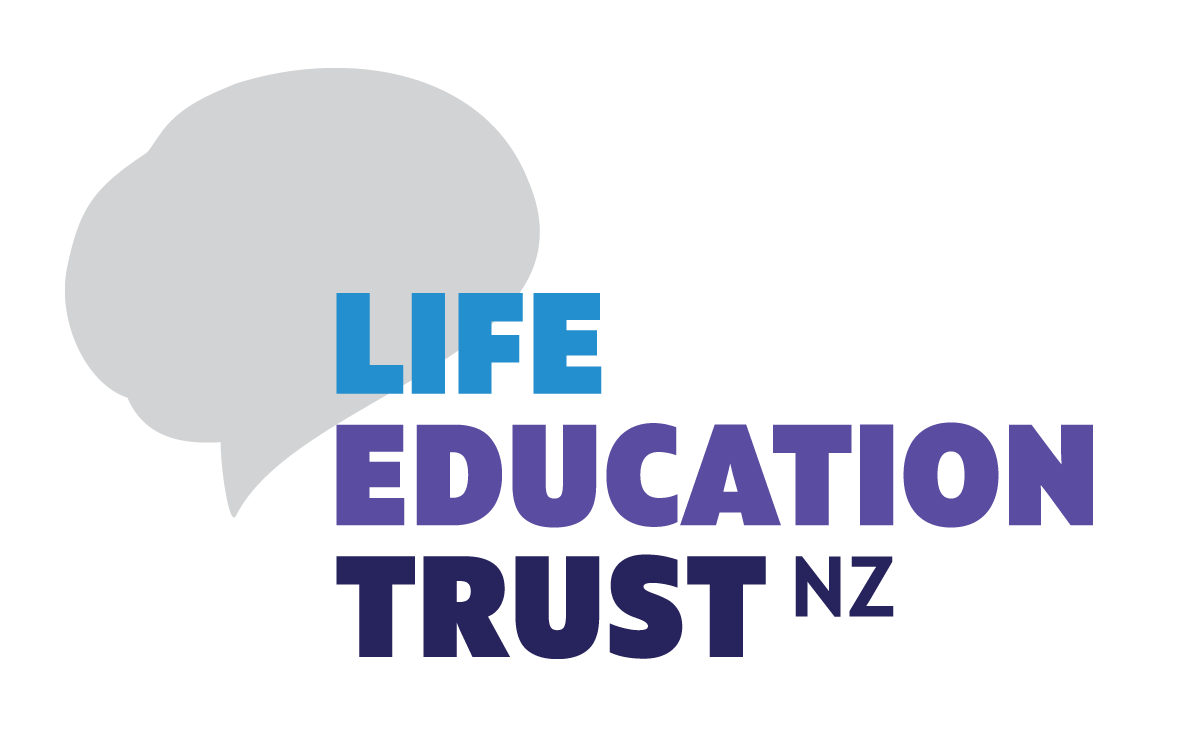The magic of mindset from David Downs
|
It's normal to feel your stomach drop when someone says they're going to talk about their experience with cancer. But it was more a matter of clutching your stomach in laughter when David Downs shared his journey with the Life Education team. David didn't just tell us how he learnt to shape his attitude and outlook; he showed it with every clever and frank word. His insights on mindset are well-founded, fair and fun. David talked about the mindset of resilience and how we can improve the way we discuss it. Sometimes it's as though we should be like that stoic image of a lighthouse in a storm. That paints resilience as an immovable object, unaffected by even the most violent waves. |
David also mentioned the idea of a 'non-stick' frying pan. In this, resilience is where anything slides right off without leaving a mark. Neither of these two images of resilience are helpful or accurate.
True resilience recognises human emotions
A mindset of resilience is more like a memory foam pillow according to David. Yes, pressure makes an impression. It may even push you down for a while. However, a memory foam pillow eventually fills back up to its original shape; that's what resilience looks like too.
You can't control your room, but you can control your attitude
David found being in a hospital disempowering and draining. He couldn’t change where he needed to be, but he could change his outlook. For most of us, taking some control of your environment and your sense of wellbeing helps you take control of your mindset.
"We decided that instead of going into hospital, we would tell everyone that I was going on holiday. The first holiday we went on was to Fiji, which was a nice little sojourn. We started getting some props and costumes, and I started dressing up the room. We went to Paris!"
Learning helps you take control
David said he quickly learned to reframe his mindset by focusing on what he could get out of each experience. In other words, he looked for what he could learn. He thought that even though you can't “polish a turd” you can roll it in glitter! In his case, that meant getting as much information as he could about his cancer.
Be your own rescue party
A further way David took control of his mindset was by choosing to participate in his own rescue. He decided they weren't going to sit back and passively let doctors do things to him. This is what led him to seek out and find a place in a life-saving clinical trial.
Luck is an attitude
David's story shows just how subjective luck can be. He sees himself as lucky. Would you if you were in his shoes?
To David, luck is about hard work, good friends and how you perceive life. He says,
"I discovered that luck has many components. If you put yourself out there as an optimistic, positive person who sees opportunity instead of challenge, then that's what you'll be most open to."
David's insights have been forged on an incredibly tough journey. It started with what he thought was a flu, but then soon went to having less than a year to live. Then, with the help of a new treatment, it was finished; done - no cancer.
David has had to develop a mindset to deal with the harshest of situations. But by sharing what he learned, he inspires us to take control of our own mind-sets every day. Even better, he offers us practical, real ideas. And that is magic.
